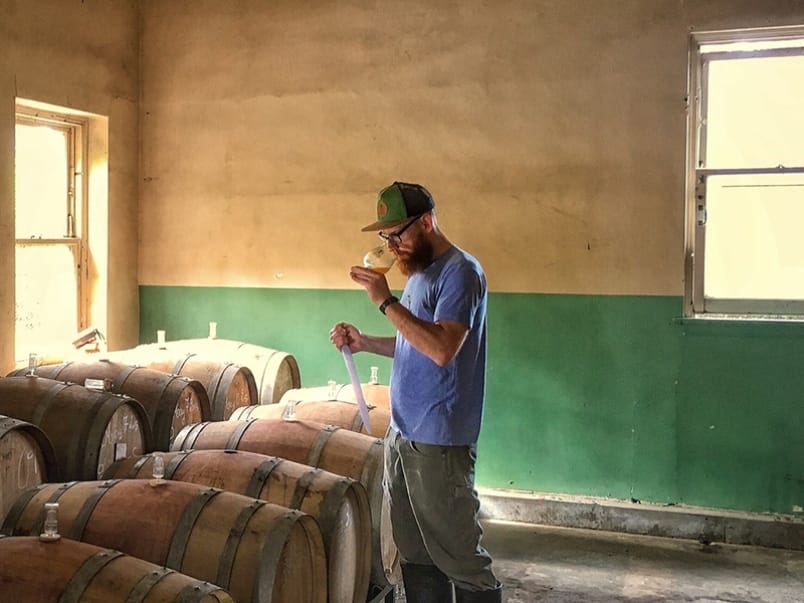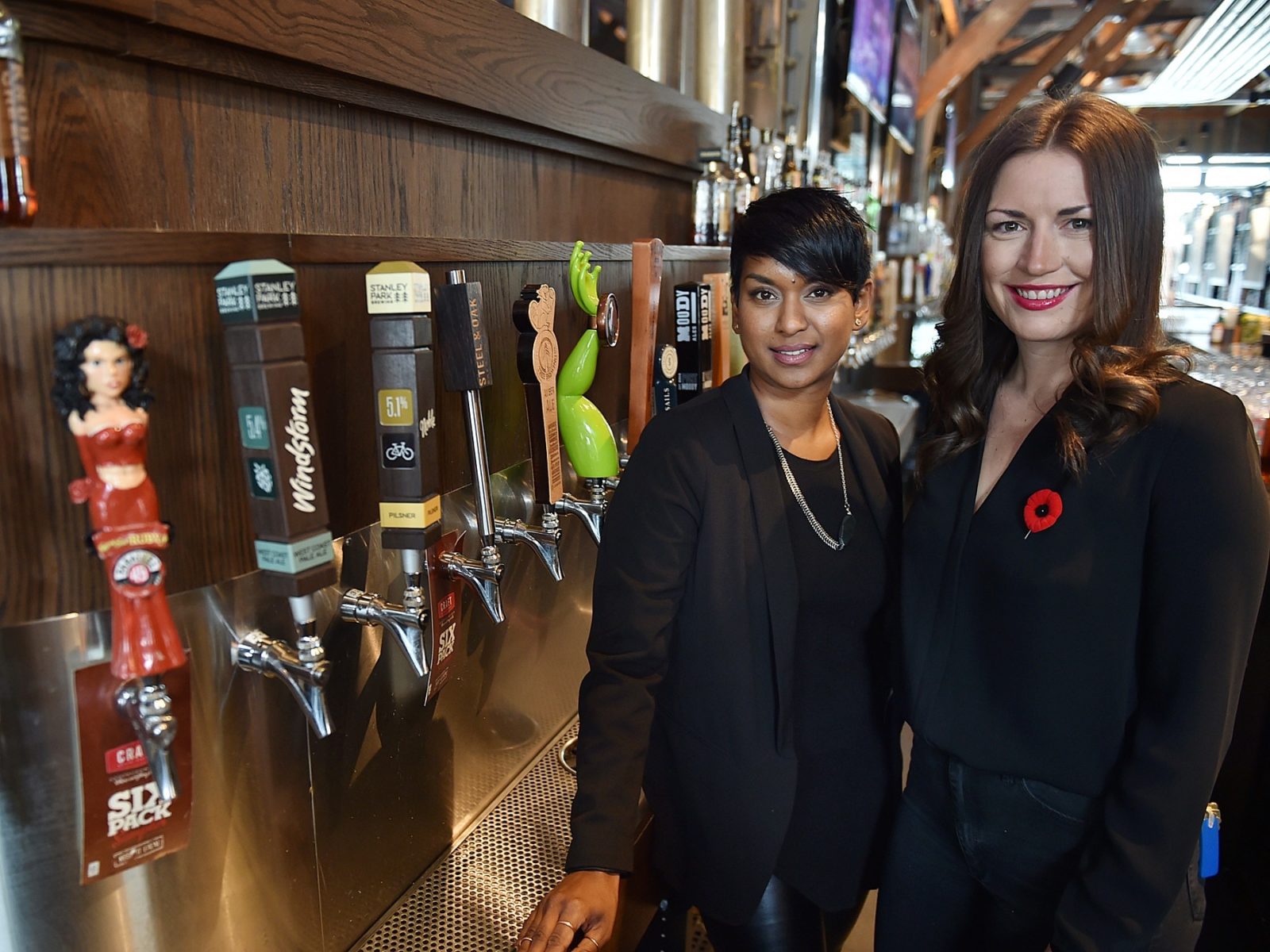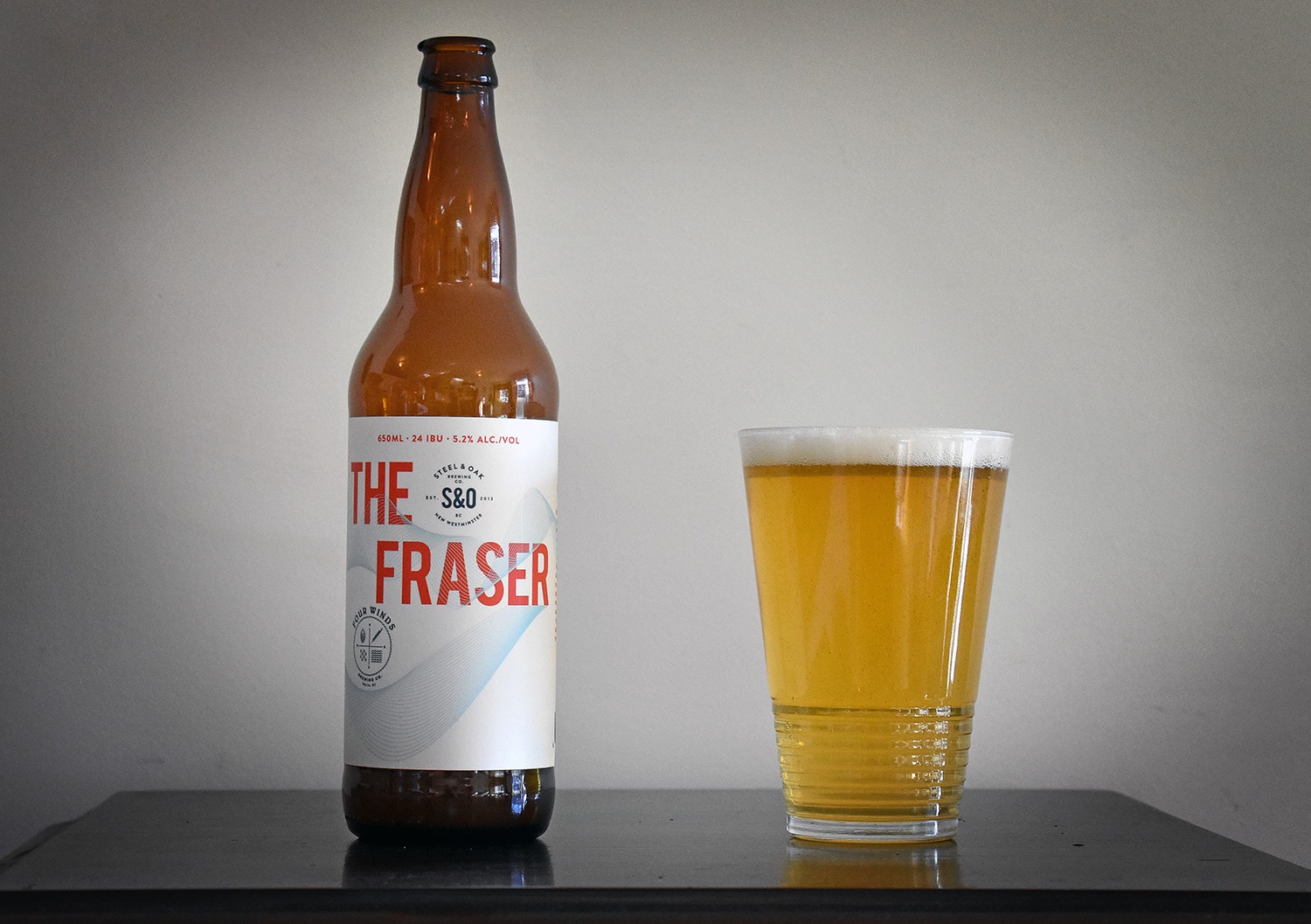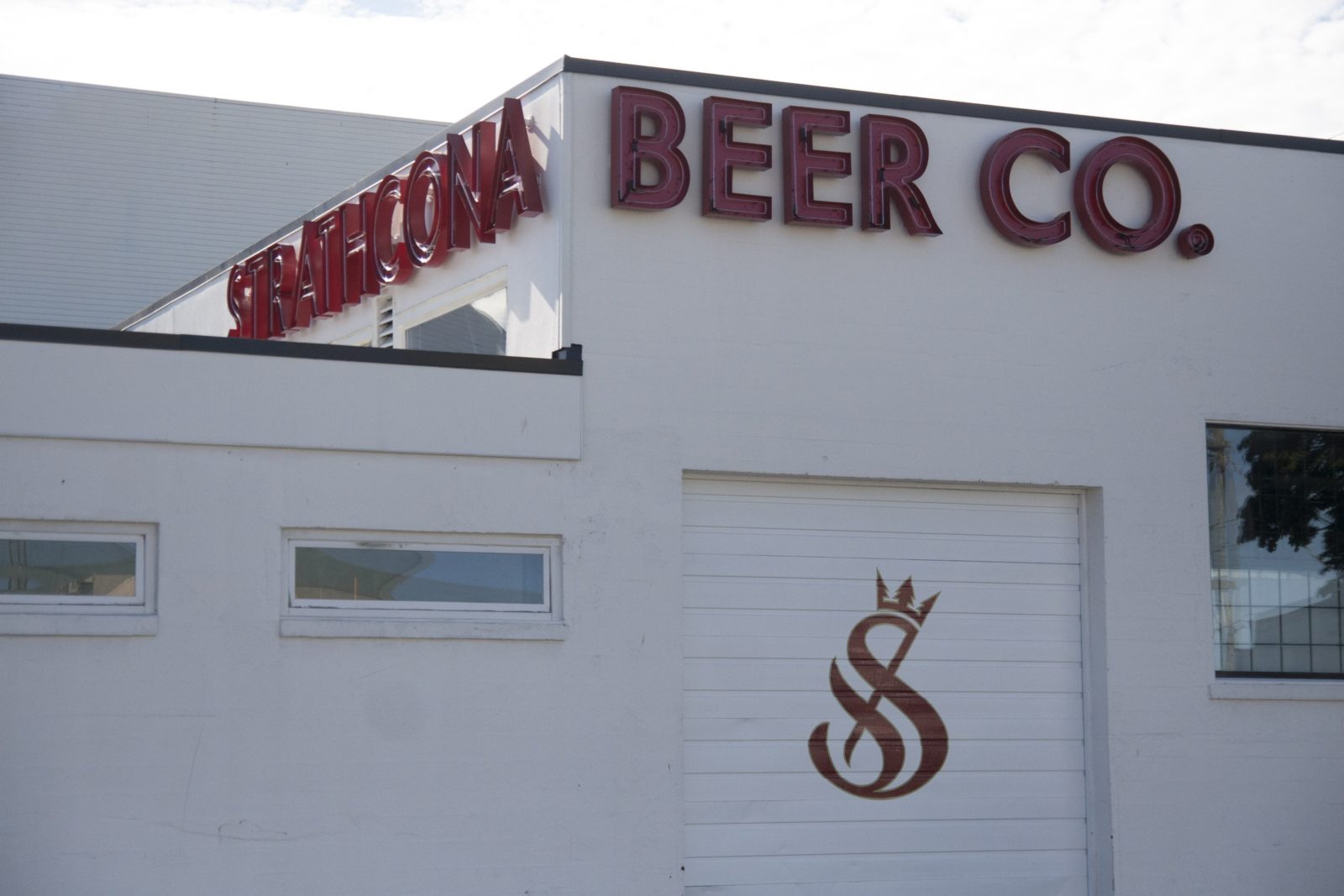
When the British beer writer Michael Jackson first began writing about Belgian beer culture in the 1970s, he found very few examples of saisons in existence. By the early 1990s he even described the style as “endangered.” But he loved the beer, perhaps even more than typical Belgians did, and worked hard to bring attention to it. Because of his enthusiasm, an American distributor reached out to the Belgian brewer Dupont to import its saison, described by Jackson as “a down-to-earth classic of the style.” Dupont was surprised by the request since their blonde ale, Moinette, was a much bigger seller in Belgium.
“At the time, the beer represented just two per cent of Brasserie Dupont’s sales and was being considered for discontinuation,” Bryan Roth wrote in All About Beer in 2016, going on to claim that the saison now accounts for 40 per cent of Dupont’s production because of the export market.
Cédric Dauchot, brewer and co-owner of Townsite Brewing in Powell River, grew up about 35 km from the Dupont brewery, but despite its proximity, Dauchot says, “I never drank Saison Dupont at the pub. We always drank Moinette. Saisons were not a big part of beer culture in Belgium.”
On my own trip to Belgium in 2014, I sought out saisons at every pub, but the truth was I only encountered them here and there.
According to legend, saisons were originally brewed by farmers in the winter months and then stored away for the summer when they were consumed in great quantities as sustenance by the saisoniers, or seasonal workers, hired to help with the harvest. It’s a great story, one I’ve told many times at beer tastings and seminars, and people always love it when they hear it. As with many beer origin stories, it’s probably too good to be true. Check Dutch beer writer Roel Mulder’s site, Lostbeer.com, for a few articles devoted to debunking the myth if you’re interested.
When I asked Cédric Dauchot about the origin story, he said it might have been true “maybe 100 years ago,” but with a twist: ”There was a communal brewery in every village. Every farmer would have a couple of wood barrels and fill them and then tap them for the workers in the summer.” He remembers that his father worked on a farm in the 1960s that still used horses “and there were some beer barrels there, but that was one of the last farms in the area to do that.”
Saisons can vary considerably from brewery to brewery, but many people, including myself, regard the Saison Dupont as the benchmark. And I love Michael Jackson’s description of it: “A big, rocky, creamy head; a sharp, firm, refreshing attack; a restrained fruitiness; and a long, almost tangibly dry, finish.” That “firm, refreshing attack” makes me smile because it’s bang on even if it isn’t the usual way to describe a beer.
Townsite Brewing’s 7800 Saison, which is named for the distance between Dauchot’s hometown and Powell River, is a classic of the style that is reminiscent of the Dupont standard. He uses the traditional Belgian saison yeast, which he believes is a clone of Dupont’s, and several different grains, including spelt, oats, rye, and raw, unmalted wheat along with barley.
“I really like spelt; it gives it an extra flavour,” Dauchot said. “The beer is a bit more bready. There’s a nice smell that comes from the spelt.”
Townsite brews several batches of it in February and March so that it is ready in the spring and summer —“exactly like the tradition.”
“The fermentation is usually at 30-32 C—the fermenter feels like there’s blood inside. You get lots of esters, bubblegum notes.” The result is a complex beer, to be sure, but when all those flavours are balanced, the result is very special.
“I like all the flavour that comes from the grains. And the yeast must be present: a lot of peppery esters. And a dry finish. It’s a thirst-quenching beer for sure.”
On a recent visit home, Dauchot found saisons to be more prominent in Belgium than in the past, along with IPAs and other North American craft beer styles. He thinks it’s a reaction to the way beer has changed there since AB-InBev bought many of the prominent breweries like Leffe, Belle-Vue and Hoegaarden.
“A lot of people in Belgium are complaining the beers are too sweet now,” he explained. “There are a lot of fruit beers on the market, a lot of radlers. I think smaller breweries are trying to follow the American way to make something drier.”
What’s the French translation for “full circle?”
Required drinking
Brassneck Brewery // Joe’s Barn, Sticks & Stones Rye Saison, Stockholm Syndrome
Dageraad Brewing // Randonneur Saison
Driftwood Brewery // Farmhand Ale
Four Winds Brewing // Saison, La Maison Wild Saison, Operis Brett Saison
Persephone Brewing // Multigrain Saison
Strange Fellows Brewing // Bayard Farmhouse Saison, Mistral Riesling Saison
Townsite Brewing // 7800 Saison




